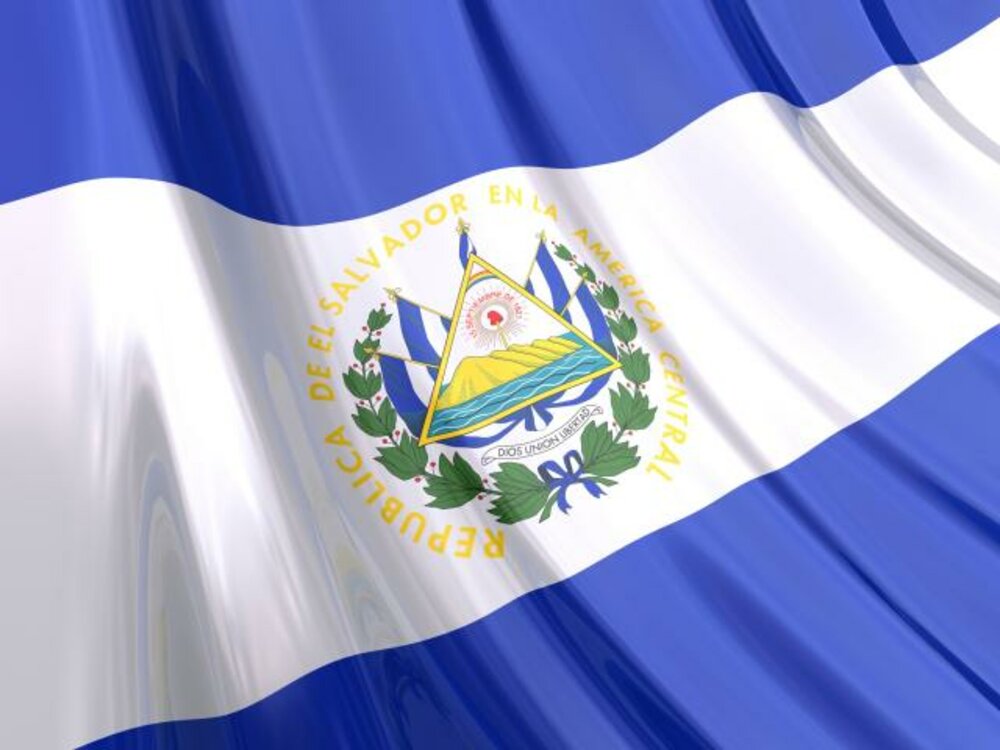Is Bitcoin Failing to Gain Traction in El Salvador?
15.10.2024 18:00 1 min. read Kosta Gushterov
A recent survey in El Salvador reveals limited use of Bitcoin among El Salvadorans.
The survey, conducted by the Francisco Gavidia University (UFG) last September, found that only 7.5% of participants use the leading cryptocurrency for transactions. The survey involved 1,224 respondents, mostly aged 18 to 29.
92% of respondents reported that they do not include BTC in their daily lives, and 0.5% were unsure or did not understand the question. When asked about national priorities, only 1.3% mentioned BTC, with the majority highlighting education and industrial development as more important sectors.
Despite the low uptake of the cryptocurrency, President Bukele continues to enjoy strong support from the public. In the poll, he received a performance rating of 8.43 out of 10, while the government as a whole received an average score of 7.49. In addition, about 80% of respondents expressed a positive or neutral opinion regarding the current economic situation.

A previous survey published in January by the Central American University (UCA) “José Simeón Cáñas” had already reported a decline in the adoption of Bitcoin, reporting a rate of use of 12%. In an interview with Time, President Buechele reiterated his hopes for higher adoption rates when he accepted Bitcoin in September 2021.
-
1
El Salvador Defies IMF Again, Keeps Buying Bitcoin Despite Loan Conditions
28.05.2025 18:00 1 min. read -
2
Robert Kiyosaki Warns of Economic Breakdown, Calls Bitcoin a Lifeline
28.05.2025 16:00 1 min. read -
3
Metaplanet Doubles Down on Bitcoin With $50M Bond Raise Backed by Evo Fund
28.05.2025 17:00 1 min. read -
4
French Firm Bets Big on Bitcoin, Sets Long-Term Goal of Owning 1% of Supply
27.05.2025 20:00 1 min. read -
5
Wall Street Giant Unlocks Bitcoin Liquidity in New Lending Push
29.05.2025 13:00 2 min. read
Bitcoin Pauses Below $110K as Analysts Eye Consolidation Phase
Bitcoin is facing strong headwinds just shy of its all-time high, with analysts at Swissblock warning that a breakout may be off the table—at least for now.
Bitcoin’s Role Expands as Investors Look Beyond Gold and Treasuries
As concerns grow over government debt and global instability, Bitcoin is increasingly seen as a serious alternative to both gold and U.S. Treasuries.
Anthony Pompliano’s Latest Venture Targets $750M to Fuel Bitcoin Strategy
Anthony Pompliano, a prominent Bitcoin advocate and co-founder of Morgan Creek Digital, is reportedly preparing to launch a new BTC-focused investment firm dubbed ProCapBTC.
Peter Schiff Sounds the Alarm on Saylor’s Bitcoin-Only Strategy
Economist Peter Schiff has revived his long-running feud with Bitcoin, warning that shareholders in Michael Saylor’s company, Strategy, could come to rue the day they followed its “all-in” crypto play.
-
1
El Salvador Defies IMF Again, Keeps Buying Bitcoin Despite Loan Conditions
28.05.2025 18:00 1 min. read -
2
Robert Kiyosaki Warns of Economic Breakdown, Calls Bitcoin a Lifeline
28.05.2025 16:00 1 min. read -
3
Metaplanet Doubles Down on Bitcoin With $50M Bond Raise Backed by Evo Fund
28.05.2025 17:00 1 min. read -
4
French Firm Bets Big on Bitcoin, Sets Long-Term Goal of Owning 1% of Supply
27.05.2025 20:00 1 min. read -
5
Wall Street Giant Unlocks Bitcoin Liquidity in New Lending Push
29.05.2025 13:00 2 min. read


